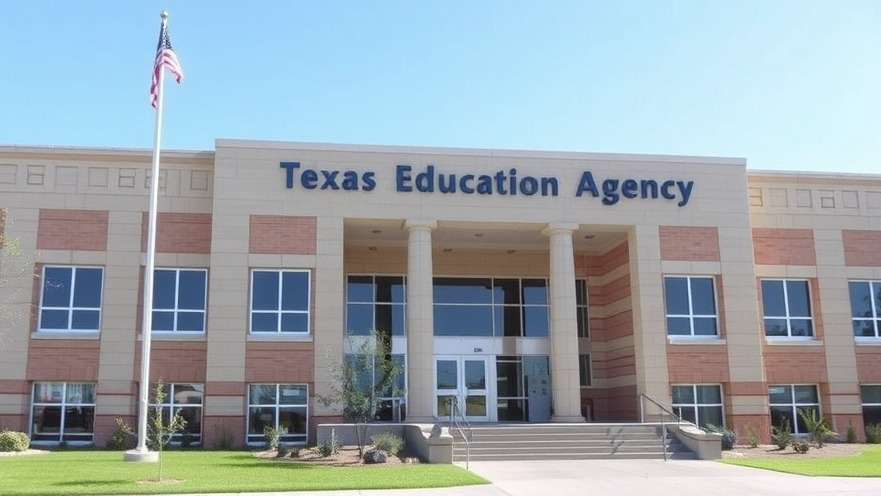
Understanding the Context of SO2 Emissions and Environmental Impact
Sulfur dioxide (SO2) emissions have been a growing concern among environmental advocates and local communities, particularly for industrial regions such as Texas City, Texas. The Valero refinery, one of the key players in this area, has recently drawn attention for higher-than-normal SO2 emissions reported by city officials. Emissions of sulfur dioxide are linked to diverse health problems including respiratory issues, heart conditions, and other environmental impacts, making it critical for both lawmakers and citizens to be aware of the implications of these air quality fluctuations.
The Recent Spike in Emissions: What We Know
Specific parameters of this spike indicate not just a random blip but raise concerns regarding whether the facility is meeting current regulatory standards. Reports confirm that the emissions increased recently, sparking reactions from various sectors, including local government officials and environmental activists eager to understand the cause behind this sudden surge.
Valero Energy Corporation stated that the emissions stemmed from an operational issue that they are addressing. Yet, the timing coincides with stricter regulations regarding air pollutants, causing community members to express anxiety about the distance between corporate responses and the actual health threats posed to their families.
Community Concerns and Reactions
Residents of Texas City have articulated their worries, fearing that prolonged exposure could lead to health complications. Some community members report that this situation has made them reconsider their views on local industry and its obligation to maintain a safe environment. Local groups have begun mobilizing meetings to discuss strategies for responding to these emissions effectively, advocating for transparency and accountability from Valero and potentially other industrial facilities in the area.
Environmental Regulation and Local Governance
This incident raises broader questions about environmental regulation and local governance. How much oversight should be exercised over industrial emissions? Cities across the United States face similar dilemmas. Some local leaders suggest strengthening current regulations while others argue that too much pressure on industries could lead to economic downturns. Balancing the needs of industrial energy and environmental responsibility must be revisited consistently.
With the Texas Commission on Environmental Quality (TCEQ) at the helm of regulatory oversight, the response will depend significantly on policy decisions that can enforce accountability without stifling economic growth. Community advocates, alongside health experts, emphasize that health must remain a priority when forging these policies.
Health Implications of SO2 Emissions
Understanding the health implications of sulfur dioxide emissions is paramount. Studies have shown that exposure to elevated SO2 levels can lead to respiratory problems, aggravation of asthma, and a host of cardiovascular diseases. The Center for Disease Control and Prevention (CDC) indicates that those with pre-existing conditions are particularly vulnerable. Cities like Texas City must inform community members about these risks, especially when emission levels fluctuate as they have recently.
Looking to the Future: Mitigation and Environmental Innovation
As Texas City grapples with this incident, it can adopt innovative measures to mitigate pollution. Approaches include investing in cleaner technology, engaging with community stakeholders for better environmental practices, and consulting public health experts for data-informed decisions. Local government and industries need to collaborate on sustainable practices aiming for improved air quality standards while nurturing economic stability.
Concluding Thoughts: Empowering the Community
In the face of rising SO2 emissions, communities must remain educated and proactive. Individuals can advocate for more robust policies, participate in environmental assessments, and hold industries accountable. Recognizing the interplay between health, environmental stewardship, and economic viability will be crucial as Texas City moves forward. Let’s engage in dialogue, educate ourselves, and work together for a healthier environment.
This situation serves as a catalyst for broader discussions about industrial practices and community safety. Citizens need to remain informed and involved for their voices to be heard in government decisions. The better the community understands emissions and their risks, the more effectively they can drive change.
 Add Element
Add Element  Add Row
Add Row 



Write A Comment